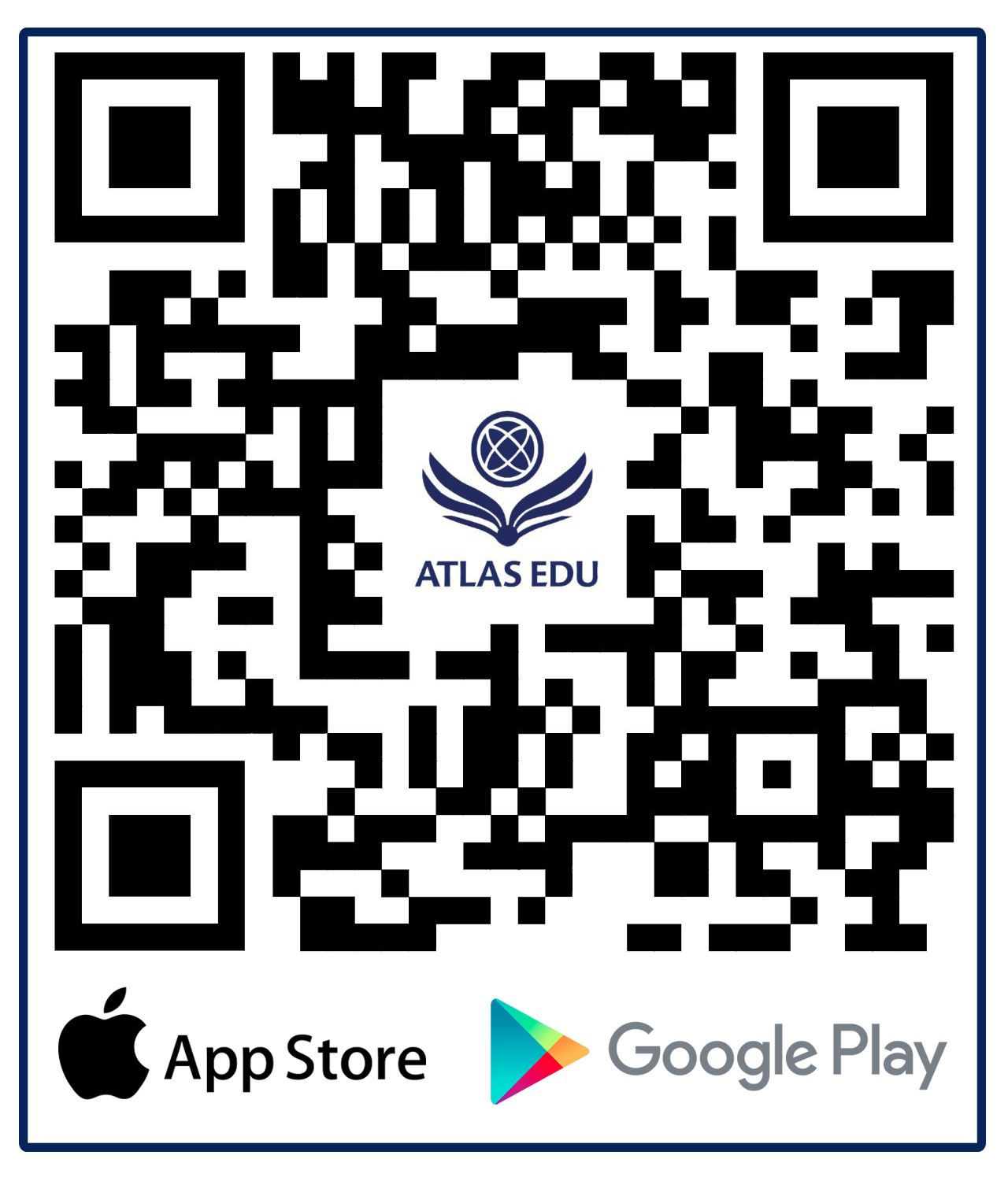Italy
Studying in Italy can be a rewarding experience due to its rich history, culture, and academic tradition.
Here's an overview of what you need to know about studying in Italy:
- Higher Education System: Italy boasts a well-developed higher education system with numerous universities and institutions offering a wide range of academic programs in various fields
- Types of Programs: Italian universities offer undergraduate (bachelor's), graduate (master's), and doctoral (Ph.D.) programs. These programs cover a broad spectrum of disciplines, including the arts, humanities, sciences, engineering, and social sciences.
- Language of Instruction: Italian is the primary language of instruction at most Italian universities. However, an increasing number of universities offer programs taught in English, especially at the graduate level. This makes it more accessible for international students who may not be proficient in Italian.
- Admission Requirements: Admission requirements vary depending on the university and the program. Generally, for undergraduate programs, students need to have a high school diploma or its equivalent. For master's programs, a relevant bachelor's degree is typically required. International students may also need to provide proof of language proficiency, such as IELTS or TOEFL scores for English-taught programs.
- Application Process: To apply for a university in Italy, you'll usually need to submit an application through the university's online portal or the Italian government's centralized application system for international students, called "Studiare in Italia." Be sure to check the specific requirements and deadlines for each university.
- Tuition Fees: Tuition fees in Italy are generally lower than in many other European countries, especially at public universities. For EU/EEA citizens, tuition fees are often quite affordable or even free. However, fees for non-EU/EEA international students can be higher, and they vary depending on the university and the program. Scholarships and financial aid options are available for both domestic and international students.
- Cost of Living: The cost of living in Italy can vary depending on the city and lifestyle. Major cities like Rome and Milan are more expensive, while smaller towns and rural areas are generally more affordable. Students can reduce living expenses by sharing accommodations and taking advantage of student discounts.
- Student Visa and Residence Permit: If you're a non-EU/EEA international student planning to study in Italy for more than 90 days, you'll likely need a student visa to enter the country. After arriving in Italy, you'll also need to obtain a residence permit. Be sure to check the specific requirements and procedures with the Italian embassy or consulate in your home country.
- Student Life: Italy offers a vibrant and culturally rich student life. Universities often have numerous student organizations, clubs, and activities for students to engage in. You can explore Italy's historical sites, art, cuisine, and participate in local events to enhance your cultural experience.
- Work Opportunities: While studying in Italy, international students from non-EU/EEA countries may be allowed to work part-time during the academic year and full-time during semester breaks. However, there are regulations and restrictions, so it's essential to check with the Italian authorities for specific details.
- Post-Study Options: Italy allows international graduates to extend their stay for job-seeking purposes after completing their studies. This can be a valuable opportunity to search for employment or internships in Italy.
- Healthcare: Italy provides access to healthcare services for international students. You may need to have health insurance to cover medical expenses, either through a private provider or the Italian National Health Service (Servizio Sanitario Nazionale).

